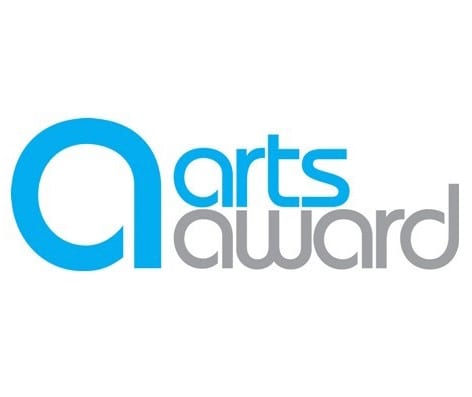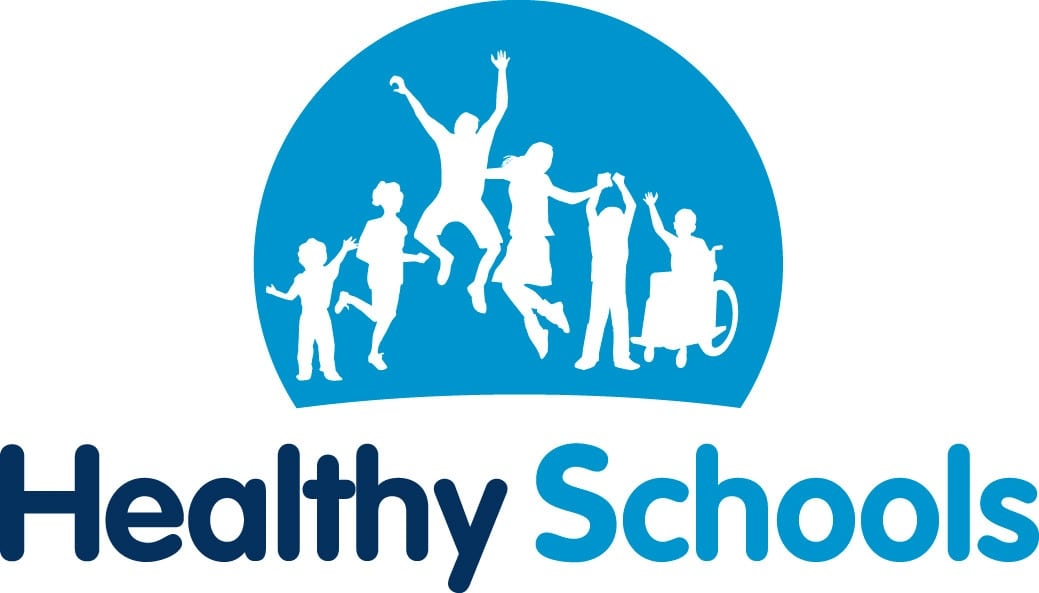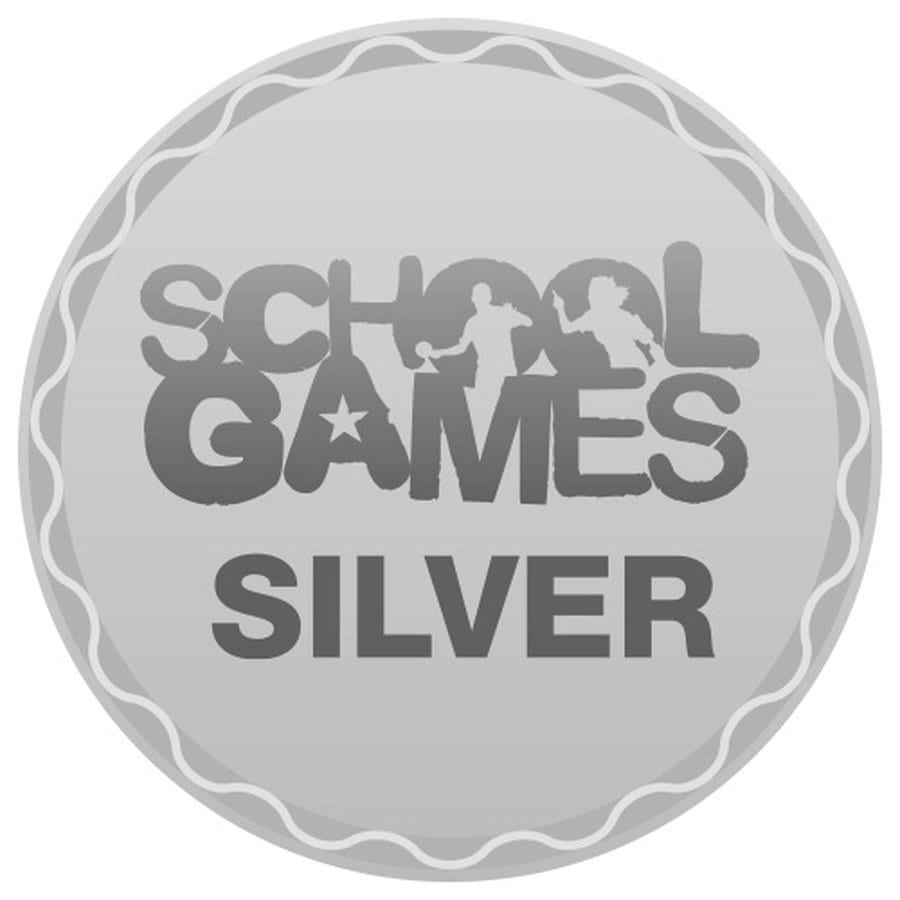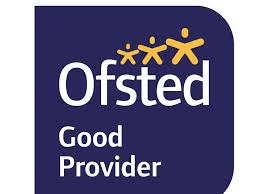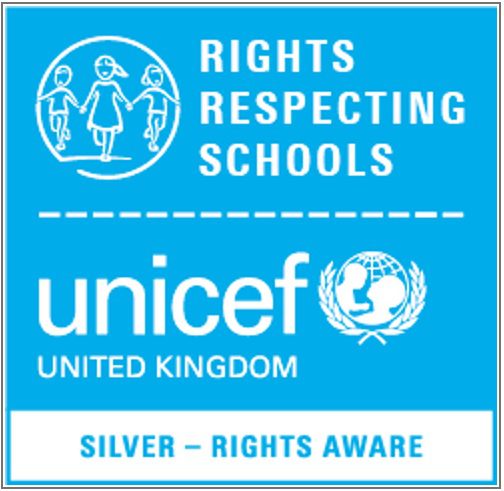Getting Along supports the emphasis on social inclusion and the personal and social development of children. The programme aims to support the work of schools in creating an inclusive culture and ethos, where individuals are valued and positive relationships are supported and developed.
Children who have poor relationships with their peers often lack the skills of social competence that enables them to make and maintain friendships. Some children may have difficulty in engaging with others, whilst for others, skills such as sharing, turn taking, co-operating and problem solving within a social concept may be poorly established.
Getting Along is a structured programme consisting of a series of activities. The sessions are usually delivered one per week. It is important that the themes and concepts covered in each session are reinforced during the week.
Each session includes a story that provides a focus for discussion of the main theme (s) of that session, followed by an activity that involves the children making something. The activities are fun, colourful and enjoyable. The children always have an opportunity to share/feed back to the rest of the class about the session.
View: Getting Along/Wellbeing Activities
Active Listening
In Team Dahl we have been looking at active listening and what it means, thinking about what active listening looks like and sounds like.
Active listening not only helps us to feel good, it helps us to feel and stay happy, safe and healthy.
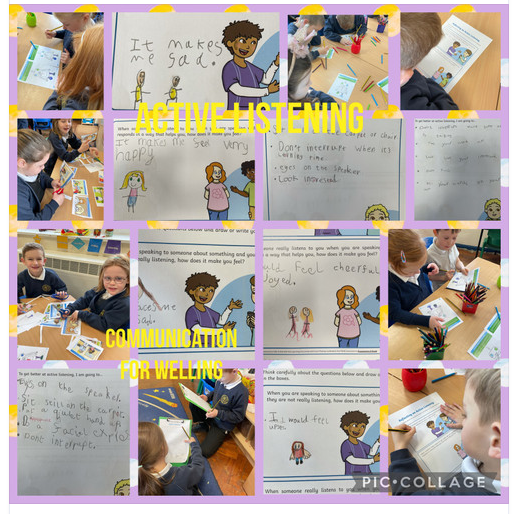
How to be a Good Sport
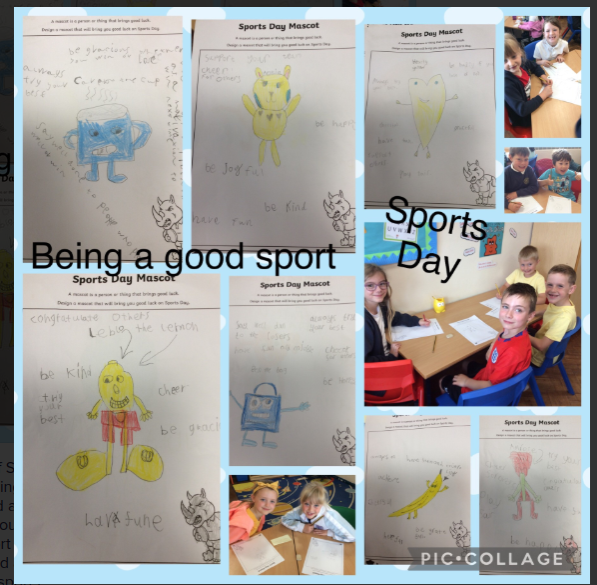
As part of Sports Day/Getting Along we looked at ‘How to be a Good Sport?’ and the meaning of sportsmanship.
We talked about how a ‘sore loser’ behaves and feels. We also talked about what does being a good sport mean and how does a good sport feel.
We looked at the meaning of sportsmanship and how we all can be good sports.
Our activity was to design a mascot for our sports day team and write some words\statements around it on being a good sport.
Families
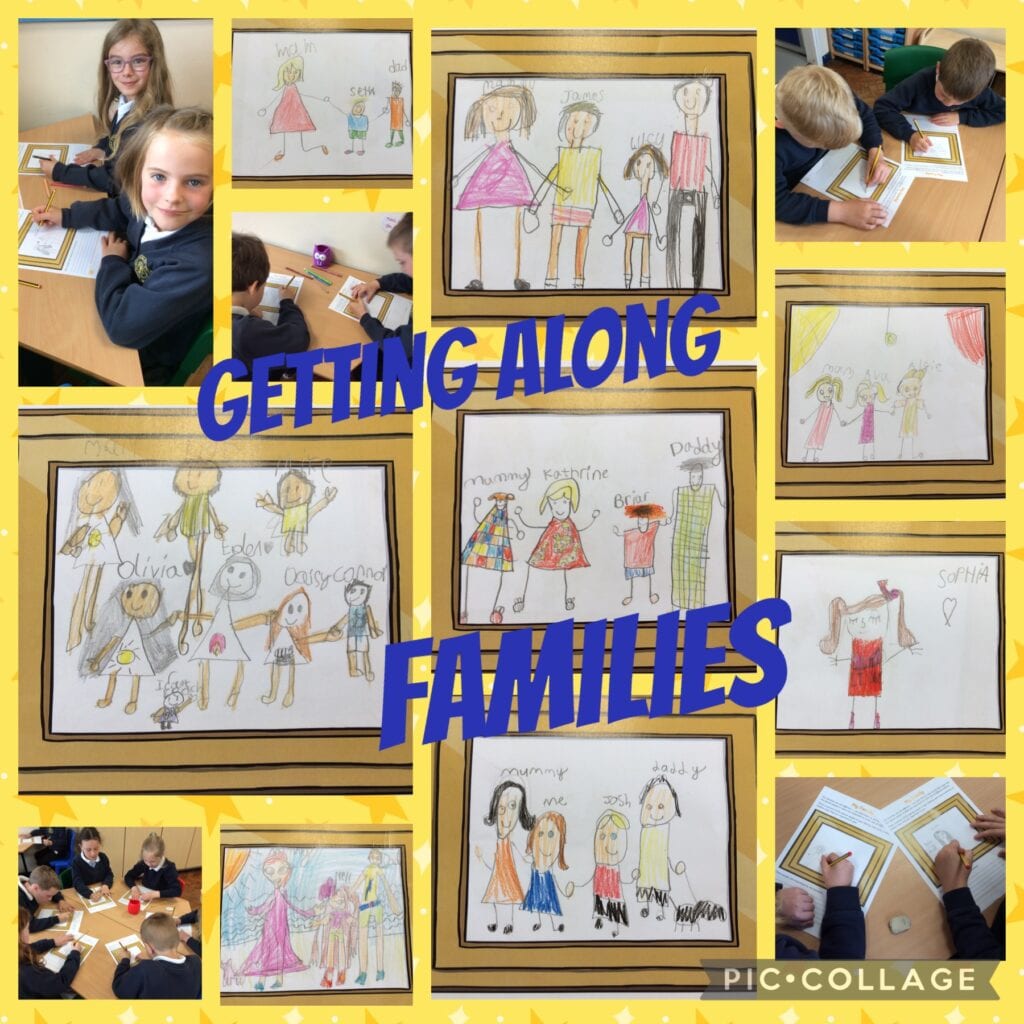
This week in Getting Along we have been looking at why families are important.
We talked about the roles different people play in our lives and why we need our families and how they can help us. We also thought about ways families can show each other they care.
We looked at different types of families including those that are different from our own.
The children worked independently to draw their family and then give reasons why members of their family are important to them. We all did some amazing family portraits!
To finish off the session we reflected on how families help each other and the importance of doing what we can to show care and kindness.
To understand the importance of truthfulness & honesty
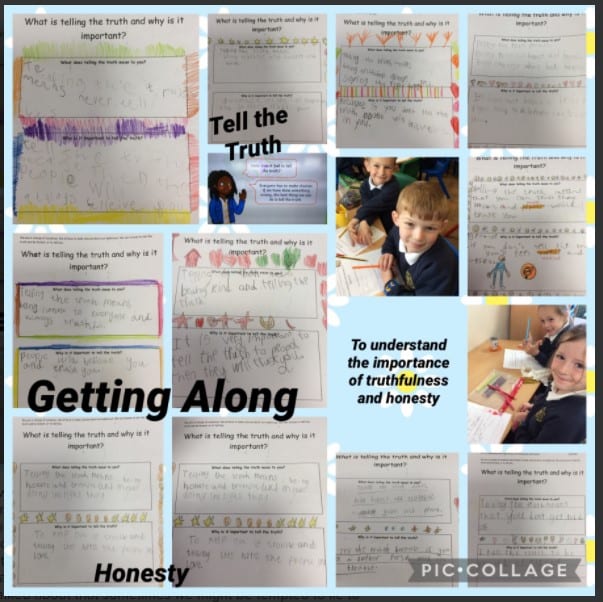
In Getting Along we have been looking at the importance of truthfulness and honesty.
We looked at the story of ‘The Boy Who Cried Wolf’, this helped us to understand that if we lie trust can be broken and sometimes it is hard to repair. We emphasized that it is important to tell the truth so that people can trust us.
We talked about that sometimes we might be tempted to lie to avoid getting into trouble, being scared of the consequences or maybe feeling embarrassed.
We talked in detail about what should we do in certain situations.
Everyone makes mistakes, how you choose to react is the important thing.
I am worried…
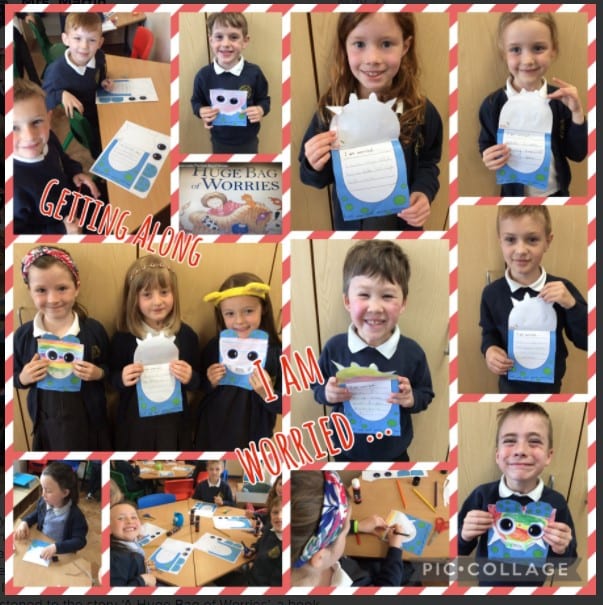
In Getting Along we have been looking at ‘What Can I Do When I’m Feeling Worried?’
We talked about that we all feel worries at times and that it’s okay to feel like that. We thought about ways to overcome our worries to help us feel OK each day.
We listened to the story ‘A Huge Bag of Worries’, a book encouraging children to open up about their worries/anxieties to help manage their feelings.
Our activity was to make a Worry Monster – writing a worry inside the monster’s mouth and closing his mouth so he could eat our worries!
Uncomfortable Feelings
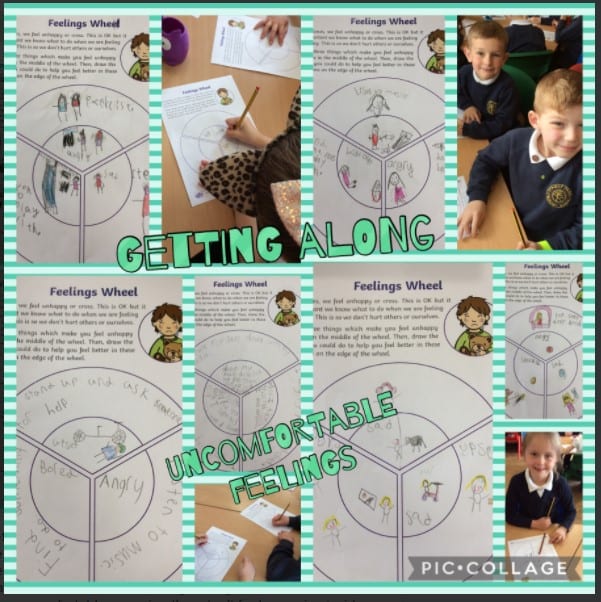
In Getting Along we have been talking about the things that make us feel unhappy or cross and what to do when we have these feelings.
We talked about how some feelings feel good inside but others can be uncomfortable, meaning they don’t feel very nice inside. Also that it is OK to sometimes feel unhappy or cross but it is important to know what to do when we are feeling that way.
We encouraged the children to think about strategies they think would work best for them.
Our activity was to draw three things that makes us feel unhappy or cross and the think of things to make ourselves feel better in these situations
Why are rules important?
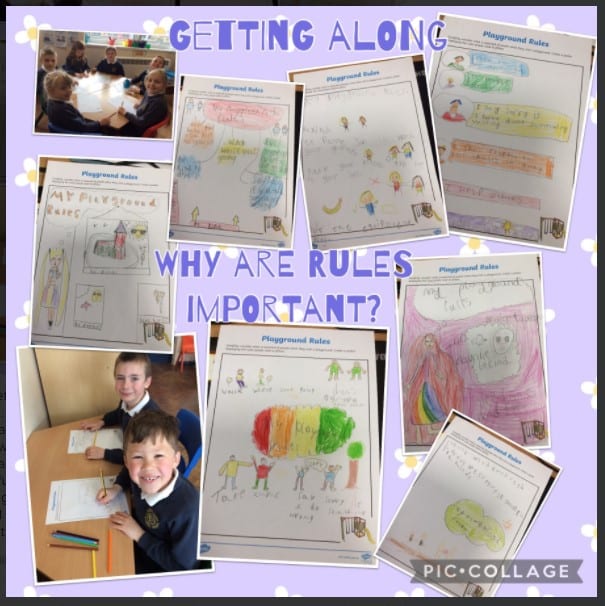
In Getting Along we have been finding out why do we have rules.
We talked about what places have rules, why rules are important and who makes rules.
Our activity was to think about rules for the playground. We carefully considered what is expected behaviour of people when they go out to the play. We created a poster about rules people need to follow.

